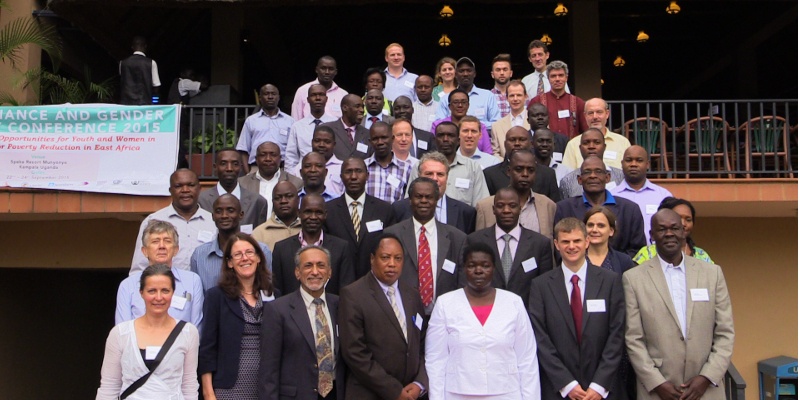
New £20 million research programme to deepen understanding of Africa’s changing climate
A UK government-funded initiative will put £20 million behind research to better understand Africa’s changing climate and the use of climate change information in decision-making across the continent. Future Climate for Africa (FCFA) is supporting five major research projects to develop better climate information for Africa and to test how the new information could be used in decision-making. Dr John Marsham from the University of Leeds is leading the HyCRISTAL project, which addresses East Africa, while fellow researchers from the University’s School of Earth and Environment are taking key roles in the projects addressing West Africa (AMMA2050), southern Africa (UMFULA) and modelling African climate (IMPALA). FCFA is a joint programme of the UK’s Department for International Development (DFID) and Natural Environment Research Council.

‘One size fits all’ when it comes to unravelling how stars form
Observations led by astronomers at the University of Leeds have shown for the first time that a massive star, 25 times the mass of the Sun, is forming in a similar way to low-mass stars. The discovery, made using a new state-of-the-art telescope called the Atacama Large Millimeter/submillimeter Array (ALMA), which is based in Chile, South America, was published online on 29 October by The Astrophysical Journal Letters.

Climate research a highlight in new NERC funding
The University of Leeds has been awarded £3 million by the Natural Environment Research Council (NERC) to shed light on why the climate is warming at an uneven rate with pronounced pauses and surges. The project, which will be led by Professor Piers Forster from the School of Earth and Environment, is funded via NERC’s new ‘highlight topics’ – one of the research council’s new ways of funding strategic research.
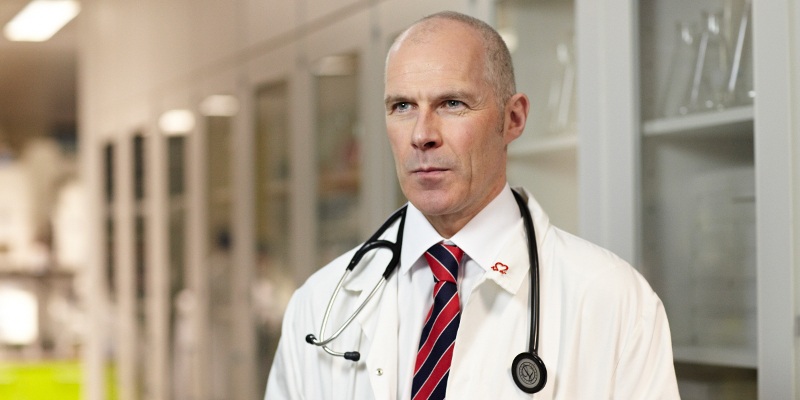
Reducing the risk of heart disease in people with diabetes
The British Heart Foundation (BHF) is investing £1.4 million in the University of Leeds to help counteract the risk of heart disease in people with diabetes. The new funding, announced on Friday 23 October, is part of the BHF’s new research strategy which commits to spending over half a billion pounds on research in the next five years. Professor Mark Kearney, from the School of Medicine, is leading a team looking at ways to help protect people with diabetes from an increased risk of cardiovascular disease.

Dreaming of a good night’s sleep
New research from the University of Leeds has revealed that some people are losing more than 15 day’s worth of sleep a year. The study showed that more than a quarter of the British population suffer from dangerously low levels of sleep – with many sleeping as little as five hours per night – and that it could harm their health. Despite aiming to undertake around eight – nine hours sleep a night, 30 to 50 year-olds were the most likely group for being in debt to their sleep body clocks.

How can we build wildlife-friendly roads and railways?
Scientists behind new research into the effects of transport infrastructure on biodiversity have developed much-needed approaches to protect wildlife. A Defra-funded study, conducted by a team from the University of Leeds led by Professor John Altringham, sets out best practice principles for assessing the impact of new roads and railways on bats, as well as the effectiveness of mitigation measures installed to help them cross safely. These new survey methods should improve the efficiency of planning processes, thereby benefitting both developers and wildlife. The researchers’ report also highlights the need for a more rigorous, evidence-based approach to protecting wildlife during development.

Is the end in sight for reading glasses?
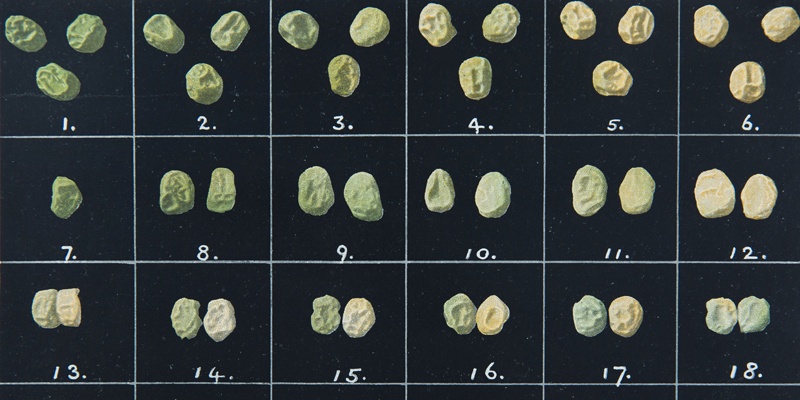
Learning the right lesson from Mendel’s peas
Biologists arguing about whether the results of experiments by the man hailed as the father of modern genetics are “too good to be true” have been distracted from a more important debate. In a new paper in Science about Gregor Mendel, the 19th century Austrian monk whose experiments on peas revealed the basic principles of heredity, University of Leeds science historian Professor Gregory Radick suggests the time has come for a different perspective on the controversy, which over the years has encompassed allegations of fraud and Cold War political pressure.

Leeds wins £4.2m funding to develop robot fixers of the future
The University of Leeds is leading a pioneering £4.2m national infrastructure research project with the vision of creating self-repairing cities. The project will develop small robots to identify problems with utility pipes, street lights and roads and fix them with minimal environmental impact and disruption to the public.The project is funded by the Engineering and Physical Sciences Research Council (EPSRC) and was announced on Friday 16 October by the Universities and Science Minister, Jo Johnson. The team also includes researchers from some of the UK’s other top universities including Birmingham, Southampton and UCL, with Nottingham, Sheffield, Oxford and Imperial as supporting partners.
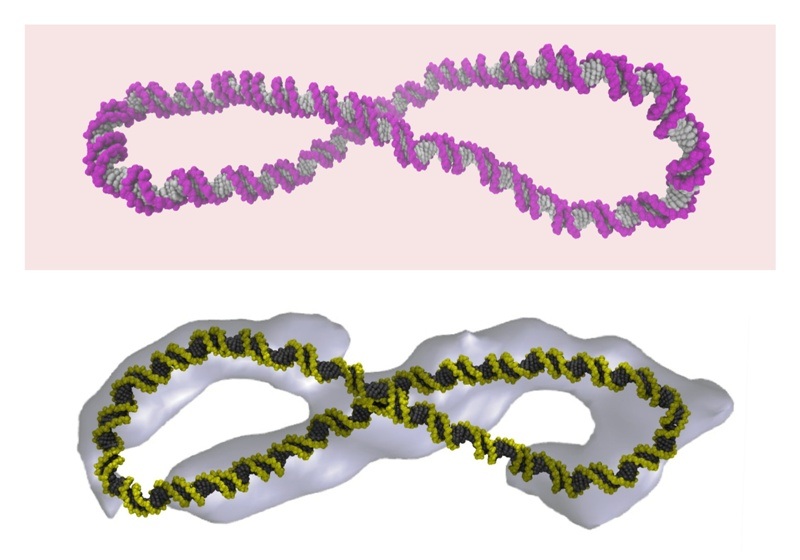
Supercoiled DNA is far more dynamic than the “Watson-Crick” double helix
Researchers have imaged in unprecedented detail the three-dimensional structure of supercoiled DNA, revealing that its shape is much more dynamic than the well-known double helix. Various DNA shapes, including figure-8s, were imaged using a powerful microscopy technique by researchers at the Baylor College of Medicine in the US, and then examined using supercomputer simulations run at the University of Leeds. As reported online on 12 October in the journal Nature Communications, the simulations also show the dynamic nature of DNA, which constantly wiggles and morphs into different shapes – a far cry from the commonly held idea of a rigid and static double helix structure.

CUHK Jockey Club Institute of Ageing Holds Launch Conference on ‘Creating Age-Friendly Community’
The Chinese University of Hong Kong Jockey Club Institute of Ageing held a Launch Conference on ‘Creating Age-Friendly Communities’ on 8 October 2015 to enable experience sharing and discussion on various aspects of the theme. Topics covered in the conference included: Redesigning Communities for Aged Society, Frailty and Geriatric Syndromes, and Age-friendly Hospital and Service. The event attracted some 300 renowned academics in gerontology from the U.S., Singapore, Japan, mainland China and Hong Kong, as well as representatives from organizations working on improving seniors well-being and welfare.

Unlocking the secrets of consumer behaviour
The Consumer Data Research Centre (CDRC) launched its data services on Thursday 1 October, offering new data for researchers to garner unprecedented insights into consumer behaviour. The multi-million pound Consumer Data Research Centre (CDRC) initiative, commissioned by the Economic and Social Research Council (ESRC), is a collaboration between the UK’s leading universities and a growing list of industry partners to better understand the millions of data points we generate each day. Bringing together the universities of Leeds, Liverpool, Oxford and University College London, the CDRC has created a safe and secure data infrastructure which seeks to share these insights with academia, industry and the public at large. Whilst protecting privacy, data will – for the first time – be routinely collected and shared with the CDRC by major retailers, local government organisations and businesses across the UK to improve understanding of these complex patterns of consumer behaviour.

If you’re sitting down, don’t sit still, new research suggests
New research suggests that the movements involved in fidgeting may counteract the adverse health impacts of sitting for long periods. In a study published in the American Journal of Preventive Medicine, a team of researchers, co-led by the University of Leeds and UCL, report that an increased risk of mortality from sitting for long periods was only found in those who consider themselves very occasional fidgeters. They found no increased risk of mortality from longer sitting times, compared to more active women, in those who considered themselves as moderately or very fidgety.
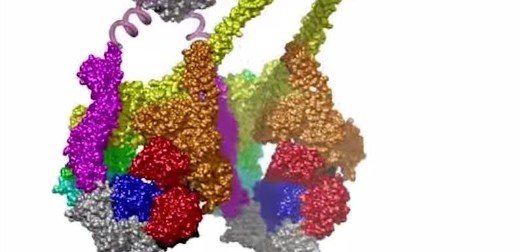
Swinging on ‘monkey bars’: motor proteins caught in the act
The first images of motor proteins in action were published in the journal Nature Communications on Monday 14 September 2015. These proteins are vital to complex life, forming the transport infrastructure that allows different parts of cells to specialise in particular functions. Until now, the way they move has never been directly observed. Researchers at the University of Leeds and in Japan used electron microscopes to capture images of the largest type of motor protein, called dynein, during the act of stepping along its molecular track.

Icelandic volcano’s toxic gas is treble that of Europe’s industry
A huge volcanic eruption in Iceland emitted on average three times as much of a toxic gas as all European industry combined, a study led by the University of Leeds has revealed. Discharge of lava from the eruption at Bárðarbunga volcano, starting in August 2014, released a huge mass – up to 120,000 tonnes per day – of sulphur dioxide gas. These emissions can cause acid rain and respiratory problems. Researchers hope that their study, published by the Journal of Geophysical Research, will aid understanding of how such eruptions can affect air quality in the UK.